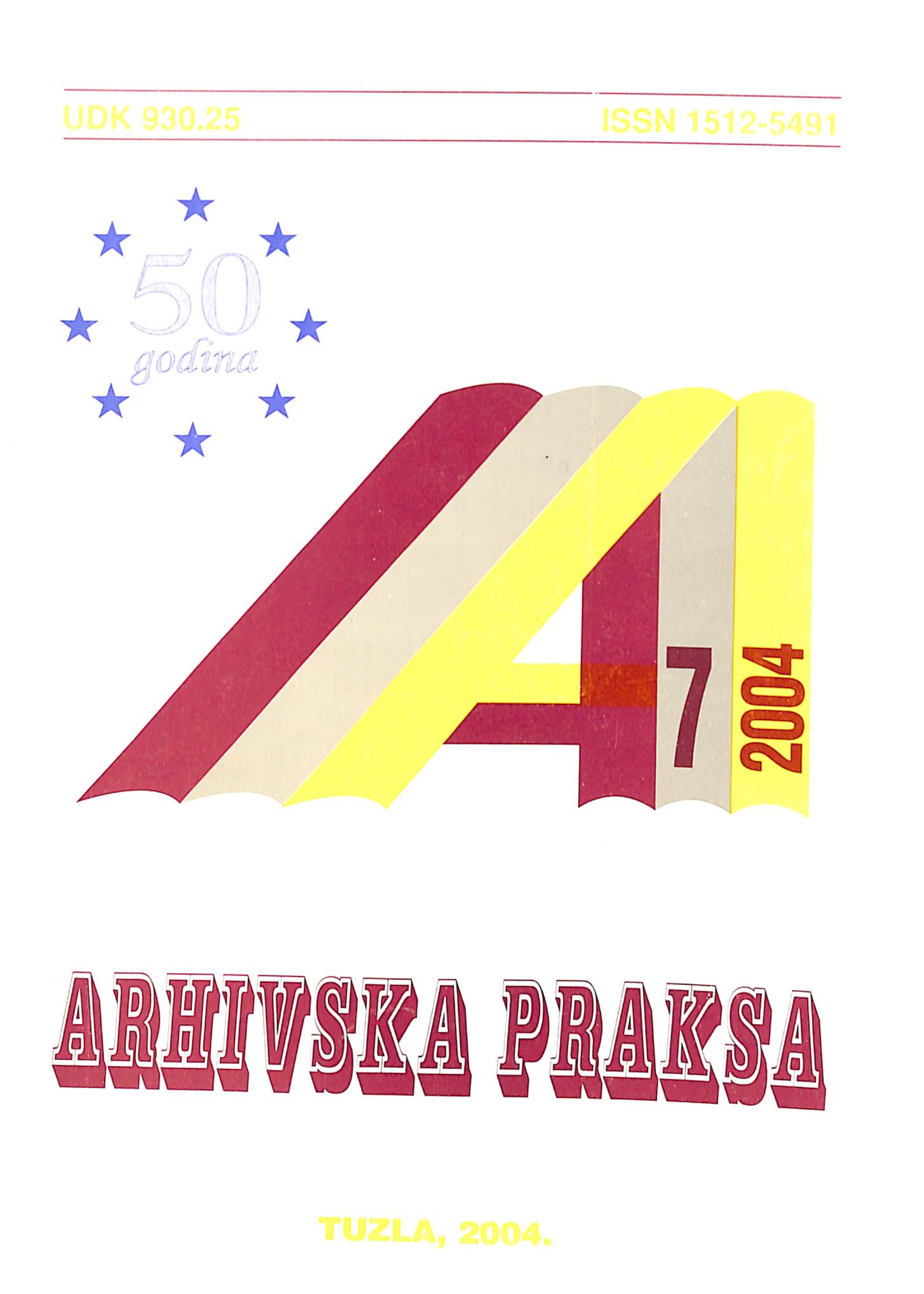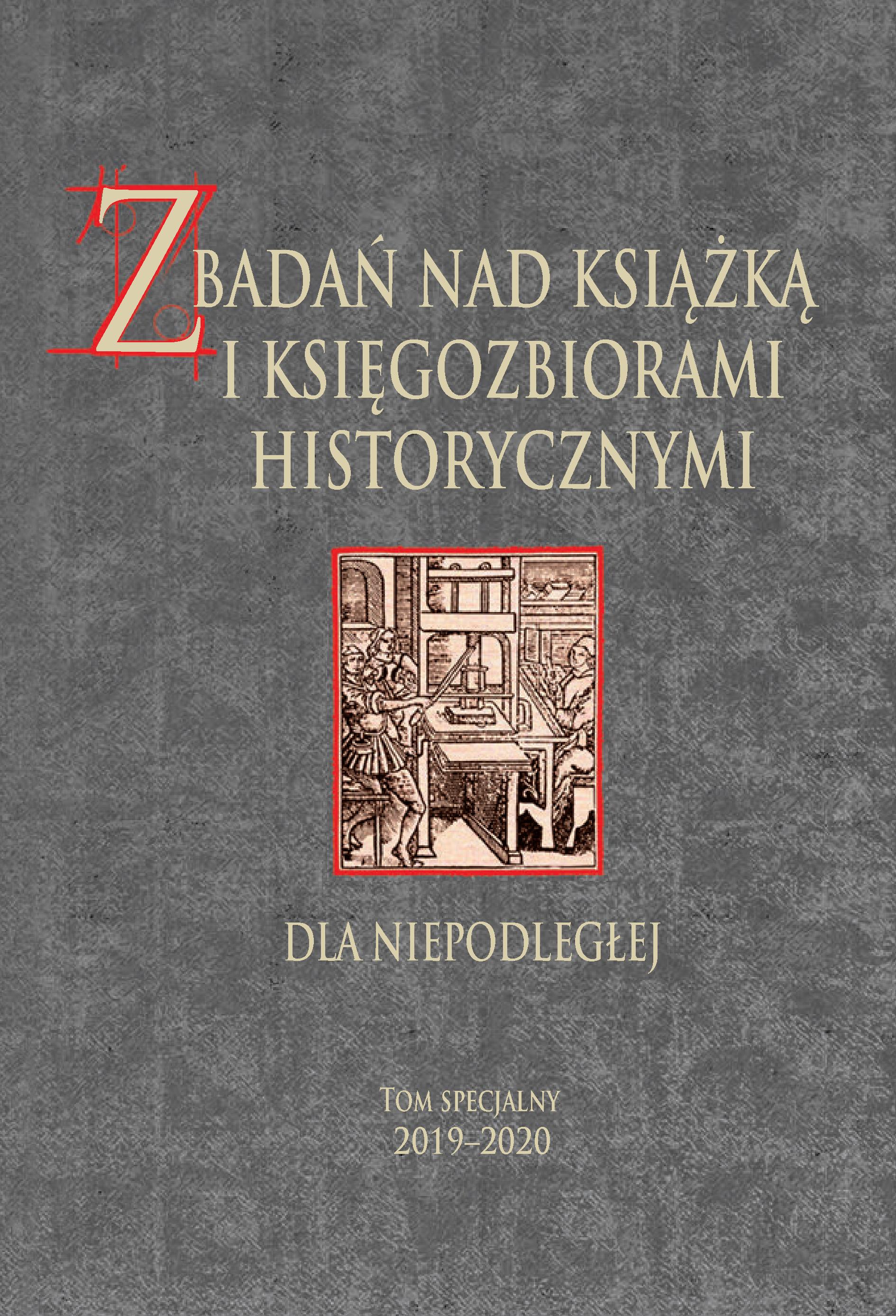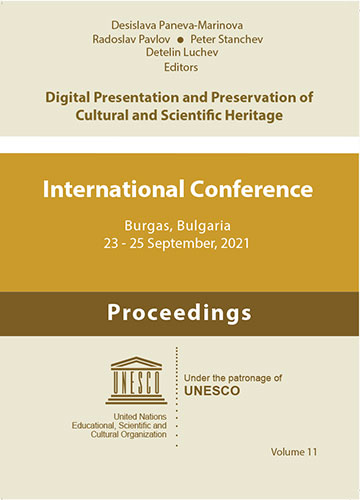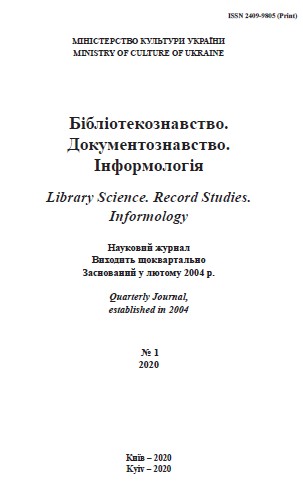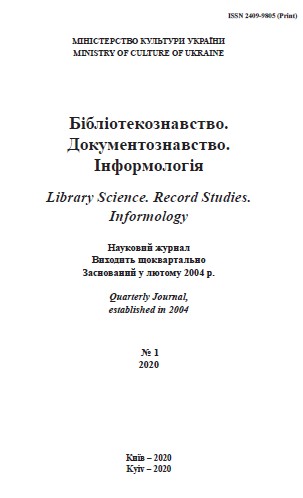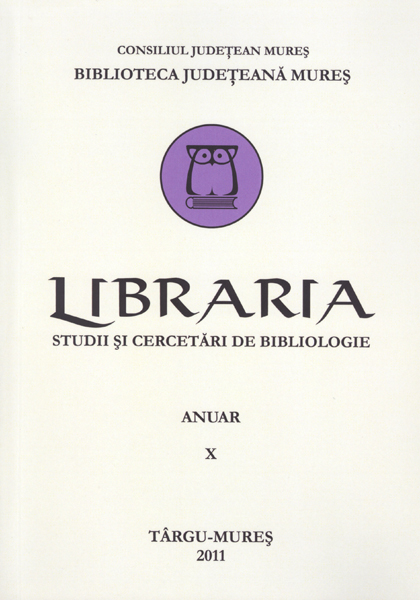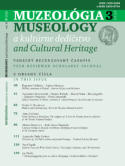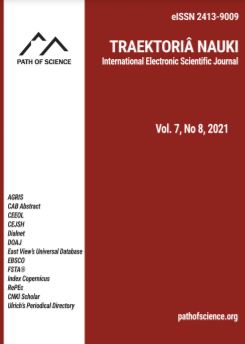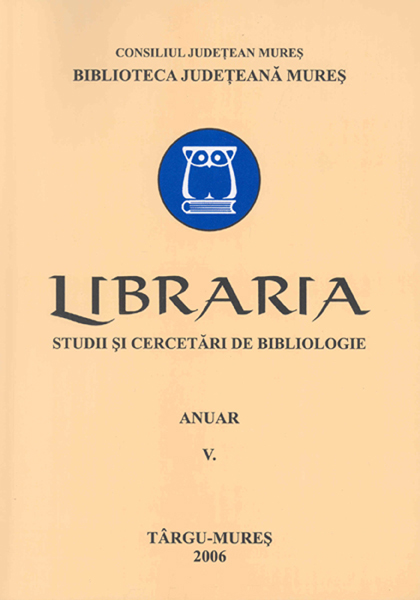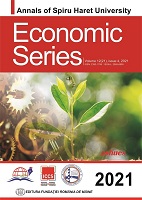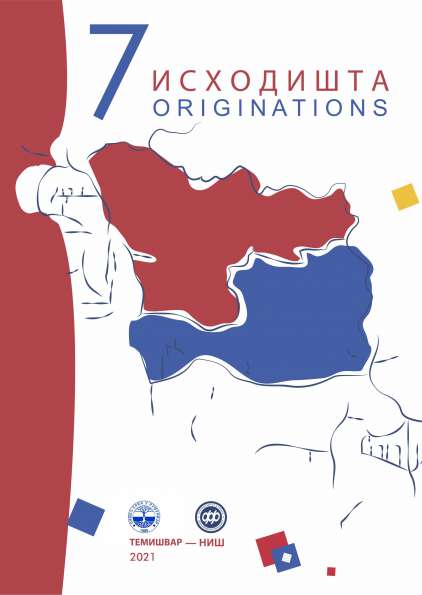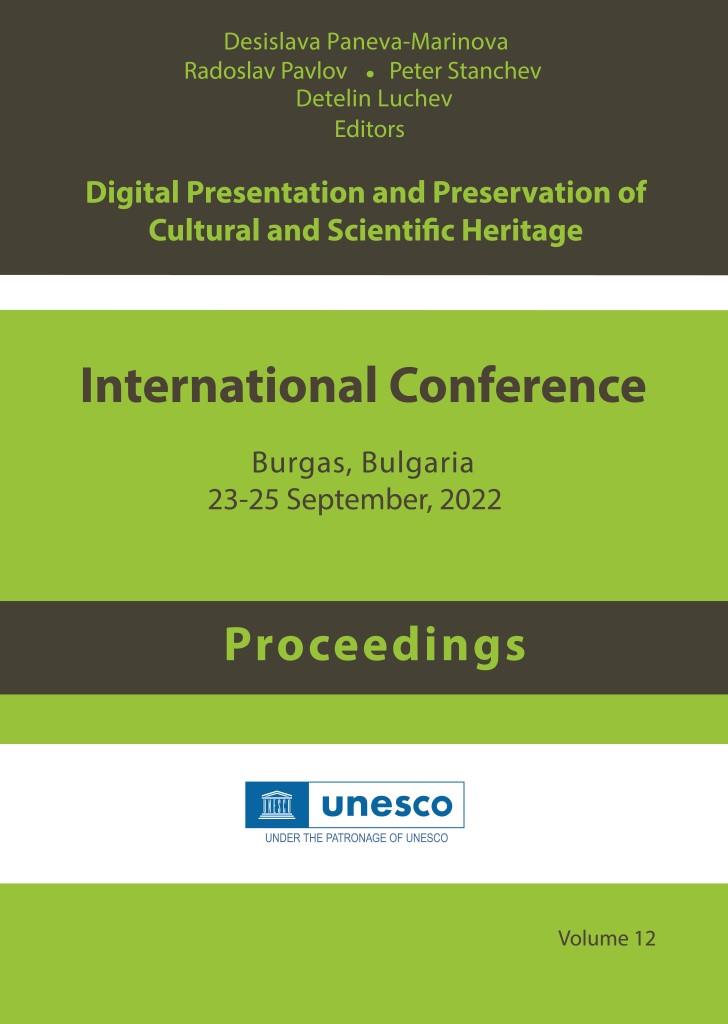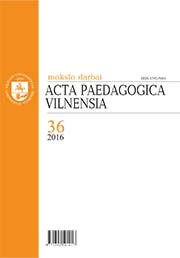
Pre-Service English Teachers’ Attitude Towards Independent Work as One of the Components of Their University Studies
At university level, students’ independent work is seen as a powerful means of preparing them for autonomous life-long learning. The article analyses the data of the survey of students’ attitude (N = 89) towards independent work carried out at the Lithuanian University of Educational Sciences (LEU) in January 2015. This study concerns the students’ perception of independent work, skills needed for conducting the independent work assignments successfully, and ranking of the skills according to their importance, the necessity of independent work at university and satisfaction with the independent work results as indicated by the students themselves. The results of the survey revealed a generally positive attitude of students to this part of their academic workload in the context of the recently introduced changes to the study programme of English Philology. The acquired data may be used to improve the organisation and content of independent work in the initial teacher education at university.
More...
